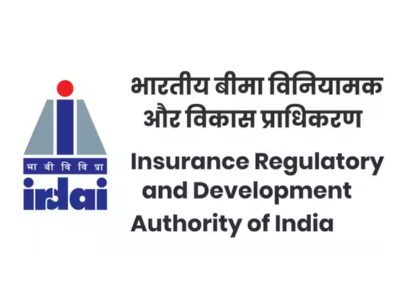Listen to this article
As part of the fraud detection mechanism, IRDAI has proposed that insurance companies should do background checks for any adverse records of their agents and intermediaries to curb instances of fraud.
IRDAI has also proposed that insurers should put in place a mechanism to analyse customer complaints against distribution channels.
Insurers should also do scrutiny of distributors in case of high policy turnover rates or unusual patterns of policy cancellations and reissuances among other things.
IRDAI has further proposed to monitor the performance and business trend of their agents and intermediaries.
Overall, in its draft circular, IRDAI has identified four types of frauds in the insurance industry – Internal fraud, distribution fraud, policyholder fraud or claims fraud and external fraud.
- Internal fraud happens when a policyholder or internal staff, alone or in collusion with others does fraud. It includes misappropriating funds or assets, forgery and so on
- Distribution channel fraud is fraud done by agents or intermediaries by misrepresentation of policy features, premium siphoning and forgery of documents, fabrication of information and non-disclosure of material facts
- Policyholder fraud happens through policyholders to obtain coverage, get claim with an intent to deceive the insurance companies
-
External fraud is carried out by external parties and vendors like cybercrimes
Here are some key highlights of the draft circular on fraud detection monitoring framework:
- Insurers to have in place a well document policy to implement fraud risk management strategy to proactively address potential fraud
- Insurers should have appropriate fraud risk governance framework to deter, prevent, detect, monitor and mitigate insurance frauds
- Insurers will also have to place board approved anti-fraud policy by considering business risk, risk profile and establishing essential checks and controls. Such a policy has to be reviewed annually
- Further, insurers should set up a Fraud Monitoring Committee headed by key employees. The committee will be responsible for recommending measures on fraud risk management, facilitate fraud control processes and ensure prompt responses to fraudulent instances. The committee will also take action against the wrong doers
- Insurers are required to develop ‘Red Flag Indicators’ for fraud detection
- Internal frauds can be mitigated by implementing prudent HR practices like doing due diligence of employees and implementing whistle blower mechanism
- Insurers should educate policyholders and general public about the consequences of insurance fraud to mitigate the policyholder frauds
- For external frauds, insurers can implement due diligence of vendors and service providers
- Insurers should work with insurance information bureau to get details of blacklisted agents and distribution channels, hospitals, third party administration and so on






